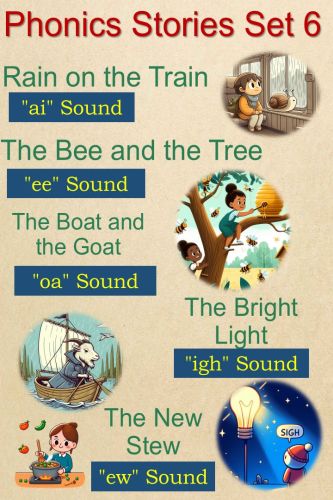Categories
- Antiques & Collectibles 13
- Architecture 36
- Art 48
- Bibles 22
- Biography & Autobiography 813
- Body, Mind & Spirit 142
- Business & Economics 28
- Children's Books 17
- Children's Fiction 14
- Computers 4
- Cooking 94
- Crafts & Hobbies 4
- Drama 346
- Education 46
- Family & Relationships 57
- Fiction 11829
- Games 19
- Gardening 17
- Health & Fitness 34
- History 1377
- House & Home 1
- Humor 147
- Juvenile Fiction 1873
- Juvenile Nonfiction 202
- Language Arts & Disciplines 88
- Law 16
- Literary Collections 686
- Literary Criticism 179
- Mathematics 13
- Medical 41
- Music 40
- Nature 179
- Non-Classifiable 1768
- Performing Arts 7
- Periodicals 1453
- Philosophy 64
- Photography 2
- Poetry 896
- Political Science 203
- Psychology 42
- Reference 154
- Religion 513
- Science 126
- Self-Help 84
- Social Science 81
- Sports & Recreation 34
- Study Aids 3
- Technology & Engineering 59
- Transportation 23
- Travel 463
- True Crime 29
NREN
Categories:
Description:
Excerpt
When Senator Al Gore was evangelizing support for his visionary National Research and Education Network bill, he often pointed to the many benefits of a high-speed, multi-lane, multi-level data superhighway. Some of these included:
— collaborating research teams, physically distant from each other, working on shared projects via high speed computer networks. Some of these "grand challenges" might model global environmental change, or new therapeutic drug research, or the design of a new airplane for inexpensive consumer air travel.
— a scientist or engineer might design a product, which could be instantly communicated to a manufacturing plant, whose robotic machine could turn the drawing-board product into reality. One example of this is the capability to digitally measure a new recruit for an army uniform, transmit the information to a clothing manufacturer, and take delivery of a custom-tailored uniform the next day.
— access to digital libraries of information, both textual and graphic. Besides hundreds of online public access catalogs, and full text documents, color illustrations of photographic quality, full motion videos and digital audio will also be available over the network.
In his many articles and speeches touting the bill, Gore often used an example of a little girl, living in a rural area, at work on a school project. Was she information-poor due to her physical location, far from the resources of large cities? No— the National Research and Education Network would give her the capability to dial into the Library of Congress— to collect information on dinosaurs.
Now that the NREN bill has been signed into law (12/91), and committees are being formed, and policies are being made, I'm still thinking about that little girl, and her parents, for that matter. In fact I've got some "Grand Questions" to pose.
1- How will we get access?
The Internet has been called the "Interim NREN", since it's what we have in place now.
I'm wondering how the family is going to get to the Internet "dial tone", let alone the NREN, especially since they live in a rural area. The information superhighway may be miles from their home, and it may be an expensive long-distance call to the "entrance ramp".
Or, the superhighway may run right through their front yard, but they can't make use of it because they have no computer, no modem, and no phone line to make the connection. What good is a superhighway if all you've got is a tricycle?
2- What will they be able to gain access to, and will their privacy be protected?
Beyond the infrastructure issues, I'm concerned about what kind of things will be available for them once they do get connected, how the resources will be arranged, and how they will learn to use these tools to advantage. Beyond that, how authoritative is the information in the digital collection, and how do we know for sure it came from a legitimate source? How confidential will their information searches be, and how will it be safeguarded?
3- Who will get access?
I'm concerned that even if the infrastructure and resource problems are resolved, that little girl still won't be allowed access, because a lot of folks don't think the Internet is a safe place for unaccompanied minors....













